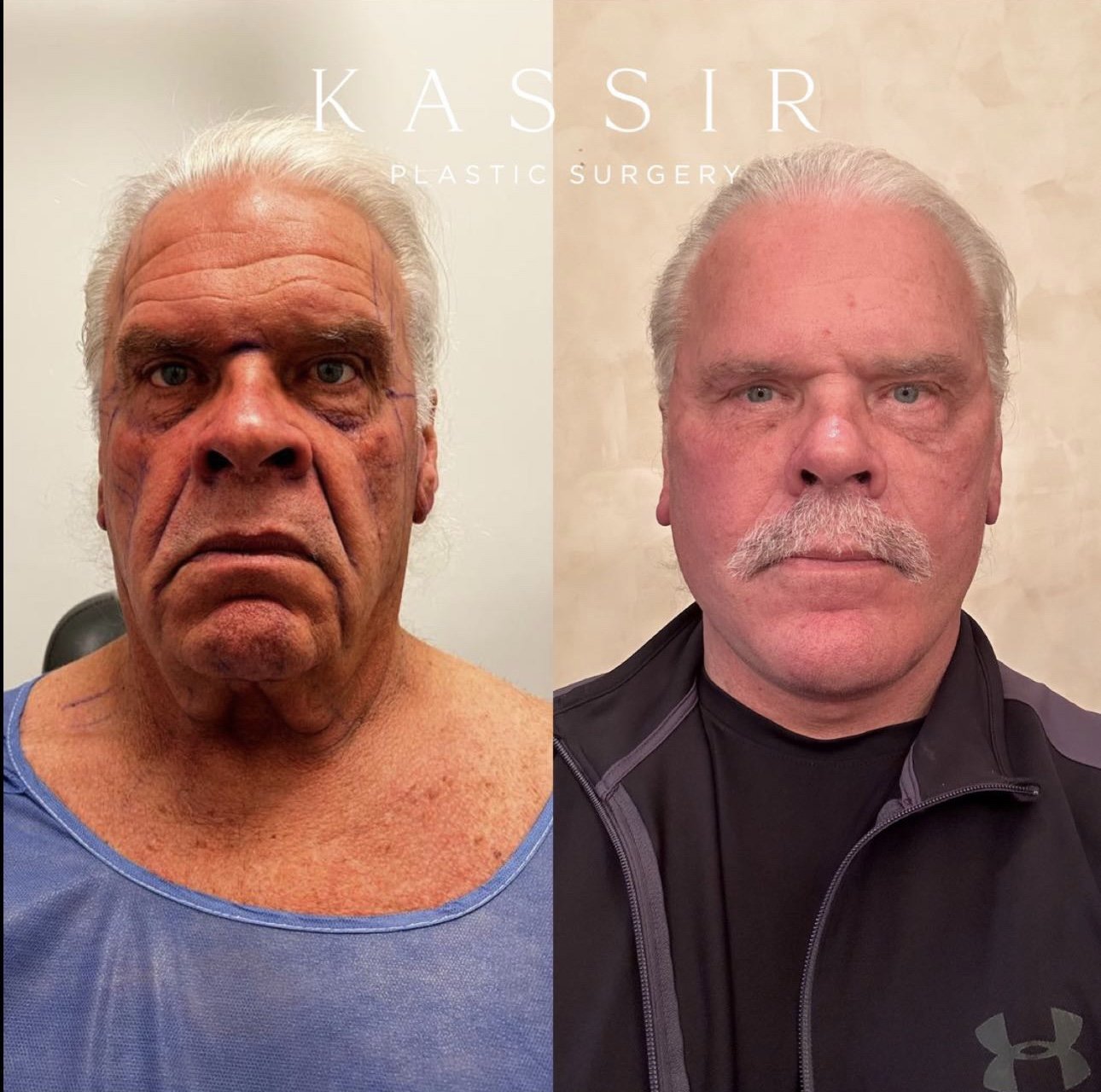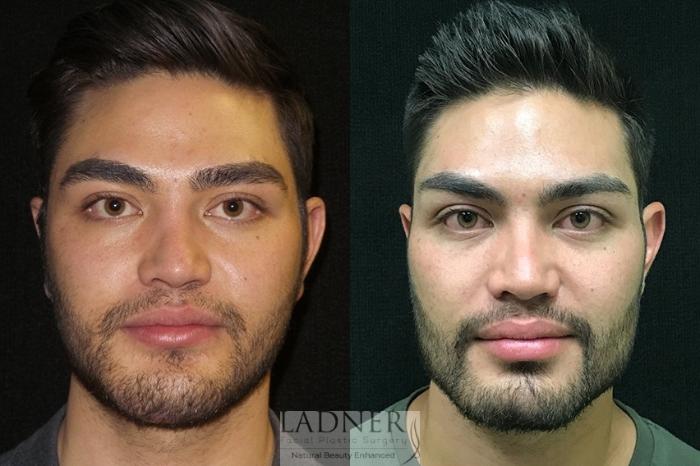Plastic Surgery Inland Empire: Trusted Experts for Magnificent Cosmetic Results
Plastic Surgery Inland Empire: Trusted Experts for Magnificent Cosmetic Results
Blog Article
Exploring the Emotional and Social Variables That Drive Individuals to Consider Plastic Surgery as a Method of Renovation
The choice to seek cosmetic surgical procedure typically extends beyond plain visual appeals, intertwining with social and emotional characteristics that warrant extensive assessment. Factors such as self-confidence, prevalent social beauty criteria, and the pervasive impact of social media sites converge to form specific motivations for surgical enhancement. As these influences come to be significantly prominent, recognizing the underlying psychological and cultural contexts is necessary. What remains to be explored is the profound effect these variables have not only on individual identity yet additionally on more comprehensive societal norms and worths bordering appeal and approval.
The Role of Self-Esteem
Self-esteem substantially affects a person's decision to pursue cosmetic surgical procedure. Individuals with reduced self-confidence usually regard themselves in an unfavorable light, leading to feelings of insufficiency regarding their physical look. This unfavorable self-perception can drive them to look for medical interventions as an approach of boosting their self-image. The wish for enhancement in one's look is often connected to an idea that such modifications will certainly elevate their general self-worth and self-confidence.

Eventually, the function of self-esteem in the decision-making process concerning cosmetic surgical treatment highlights the intricate interplay in between body image, individual fulfillment, and mental wellness. Comprehending this connection is crucial for healthcare professionals to make certain that clients are making informed decisions rooted in reasonable expectations and psychological health.
Social Appeal Criteria
Influenced by prevalent media representations and cultural narratives, social appeal criteria play a vital duty in shaping individuals' perceptions of their own bodies. These standards are commonly identified by an idealized type of beauty that stresses traits such as slimness, youthful vigor, and balance. As these ideals are continued via various channels, including film, marketing, and tv, individuals regularly internalize these messages, leading to dissatisfaction with their natural look.
The ramifications of these societal standards expand past visual choices; they can impact self-confidence, psychological wellness, and interpersonal relationships. People that regard themselves as disappointing these criteria might experience sensations of insufficiency, prompting a desire for plastic surgery as a way of achieving social approval. This search is usually fueled by the belief that adjusting to these suitables will certainly improve not just physical look but likewise social standing and individual satisfaction.

Influence of Social Media
The influence of societal beauty criteria is more amplified by the surge of social media sites platforms, where curated images and idyllic representations of charm are common. Users are constantly revealed to filtered and modified photos, which commonly portray unattainable physical attributes. This exposure cultivates a culture of contrast, leading people to assess their very own look against these usually unrealistic benchmarks.
Social network influencers and celebrities regularly advertise aesthetic procedures, normalizing the concept that surgical improvements are a viable means for attaining social suitables (plastic surgery rancho cucamonga). The presence of these improvements can produce an assumption that undergoing plastic surgery is a typical method, therefore influencing people to think about similar treatments as a path to boosted self-esteem and social approval
Additionally, the interactive nature of social media enables immediate feedback through likes and comments, better reinforcing the need to comply with preferred beauty requirements. Such communications can worsen sensations of insufficiency and drive individuals toward plastic surgery as a way of gaining validation. Eventually, social networks plays a pivotal duty in forming assumptions of charm, which considerably impacts the decision-making procedures bordering plastic surgery.

Social Viewpoints on Appearance
Throughout various cultures, perceptions of look are deeply rooted in historical, social, and financial contexts, forming people' views on beauty and desirability. In several societies, appearance works as a considerable pen of identification, influencing social condition, specialist opportunities, and personal partnerships. For instance, in some societies, light skin is often related to wide range and advantage, while others might idealize darker complexion as signs of strength and credibility.
Additionally, traditional elegance requirements are commonly bolstered through cultural stories, media depictions, and family members influences, leading to differing ideals throughout different regions (plastic surgery rancho cucamonga). In Western cultures, the emphasis on young people and physical conditioning typically drives people toward aesthetic improvement, while in certain Eastern cultures, even more subtle adjustments lined up with conventional visual appeals might be chosen
Globalization and the expansion of digital media have actually additionally complicated these characteristics, producing a hybridization of charm suitables that transcends geographical borders. As people progressively navigate these cultural narratives, the pressure to adapt specific appearance criteria can result in the need for cosmetic surgical treatment, showing an intricate interaction of personal goals and cultural worths. Understanding these cultural point of views is vital in attending to about his the motivations behind cosmetic surgery factors to consider.
Emotional Effects of Plastic Surgery
Lots of individuals looking for cosmetic surgical procedure report experiencing profound psychological impacts that can considerably change their self-perception and psychological health - plastic surgery rancho cucamonga. The need for physical improvement typically stems from underlying issues such as reduced self-worth, body dysmorphic condition, or societal pressures concerning appeal standards. For some, the immediate post-operative phase can result in a short-lived increase in confidence and contentment with their appearance, fostering a feeling of empowerment
Nonetheless, these positive sensations might not be enduring. Research shows that while some patients experience enhanced self-worth, others may encounter increased stress and anxiety or clinical depression if their expectations are not satisfied. This disparity can arise from impractical perfects perpetuated by media depiction and social stories surrounding appeal.
Furthermore, the mental implications of plastic surgery expand past the person. Relationships with household and good friends might be stressed as social characteristics change, leading to feelings of isolation or alienation. Eventually, the mental effects of plastic surgery are intricate and diverse, calling for cautious factor to consider by both possible clients and doctor to make sure informed decision-making and sensible assumptions.
Final Thought
In final thought, the choice to go after cosmetic surgery is substantially influenced by a mix of self-esteem problems, societal beauty standards, and cultural viewpoints on look. The prevalent reach of social media even more aggravates these pressures, promoting unrealistic suitables that people typically strive to acquire. Recognizing these social and psychological factors is necessary for dealing with the inspirations behind plastic surgery, highlighting the more tips here demand for an extra nuanced conversation bordering charm and self-acceptance in contemporary society.
The choice to pursue cosmetic surgery frequently expands beyond plain looks, intertwining with psychological and social characteristics that warrant thorough evaluation. Ultimately, social media plays a critical role in shaping understandings of appeal, which considerably influences the decision-making processes surrounding cosmetic surgical treatment.
As people progressively navigate these cultural stories, the pressure to conform to specific appearance requirements can lead to the need for cosmetic surgery, see page reflecting a complicated interaction of cultural worths and personal ambitions.In conclusion, the choice to pursue cosmetic surgery is substantially affected by a combination of self-esteem issues, societal elegance requirements, and social viewpoints on appearance. Understanding these mental and social factors is crucial for resolving the motivations behind cosmetic surgery, highlighting the demand for a much more nuanced discussion surrounding elegance and self-acceptance in contemporary society.
Report this page